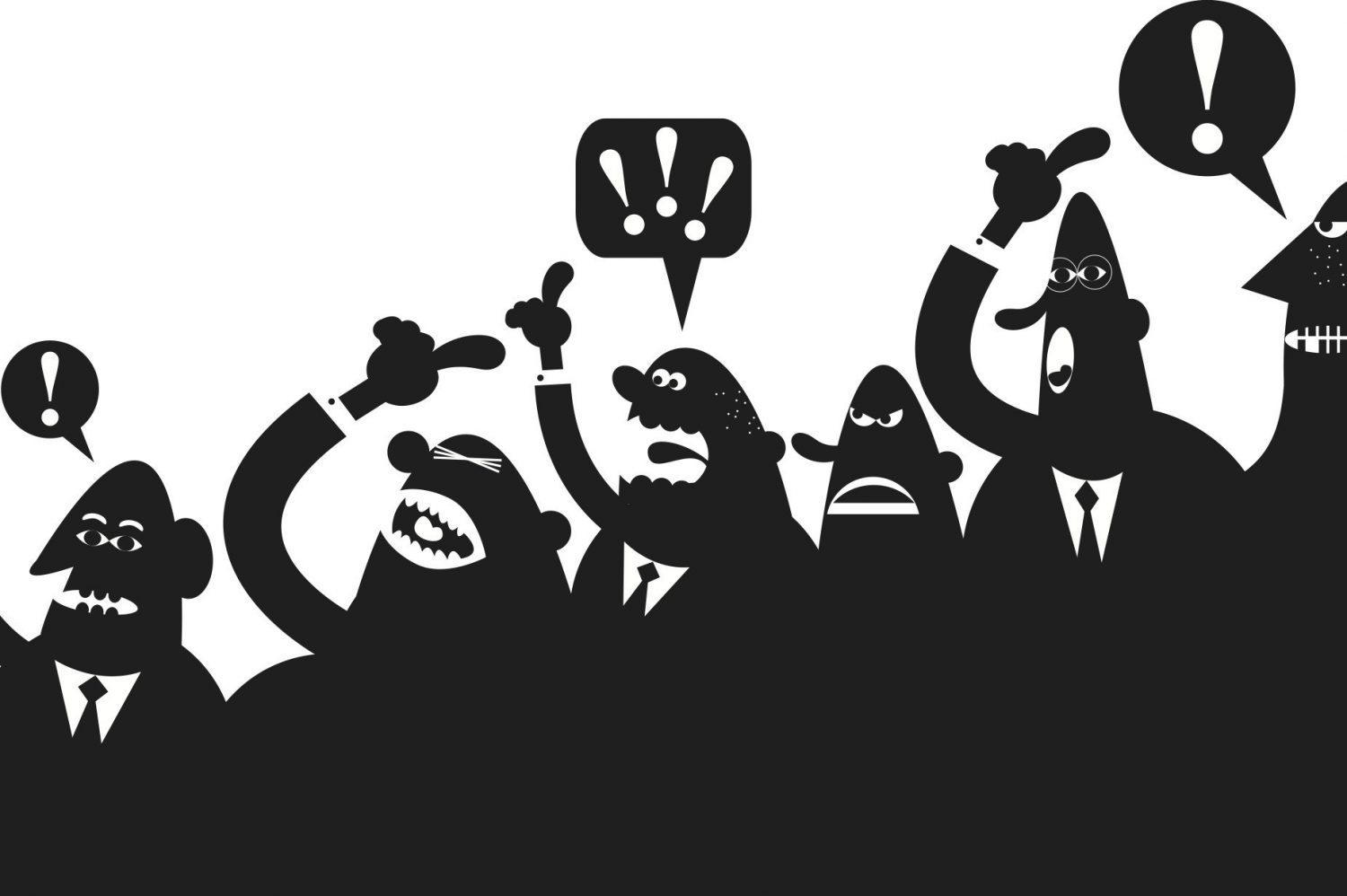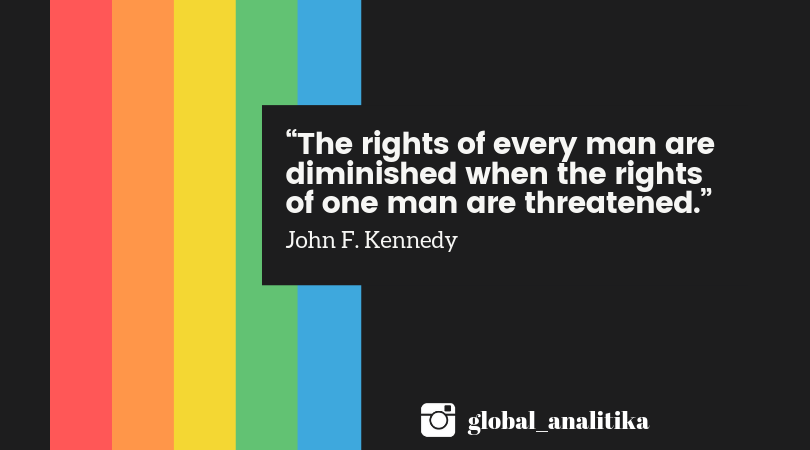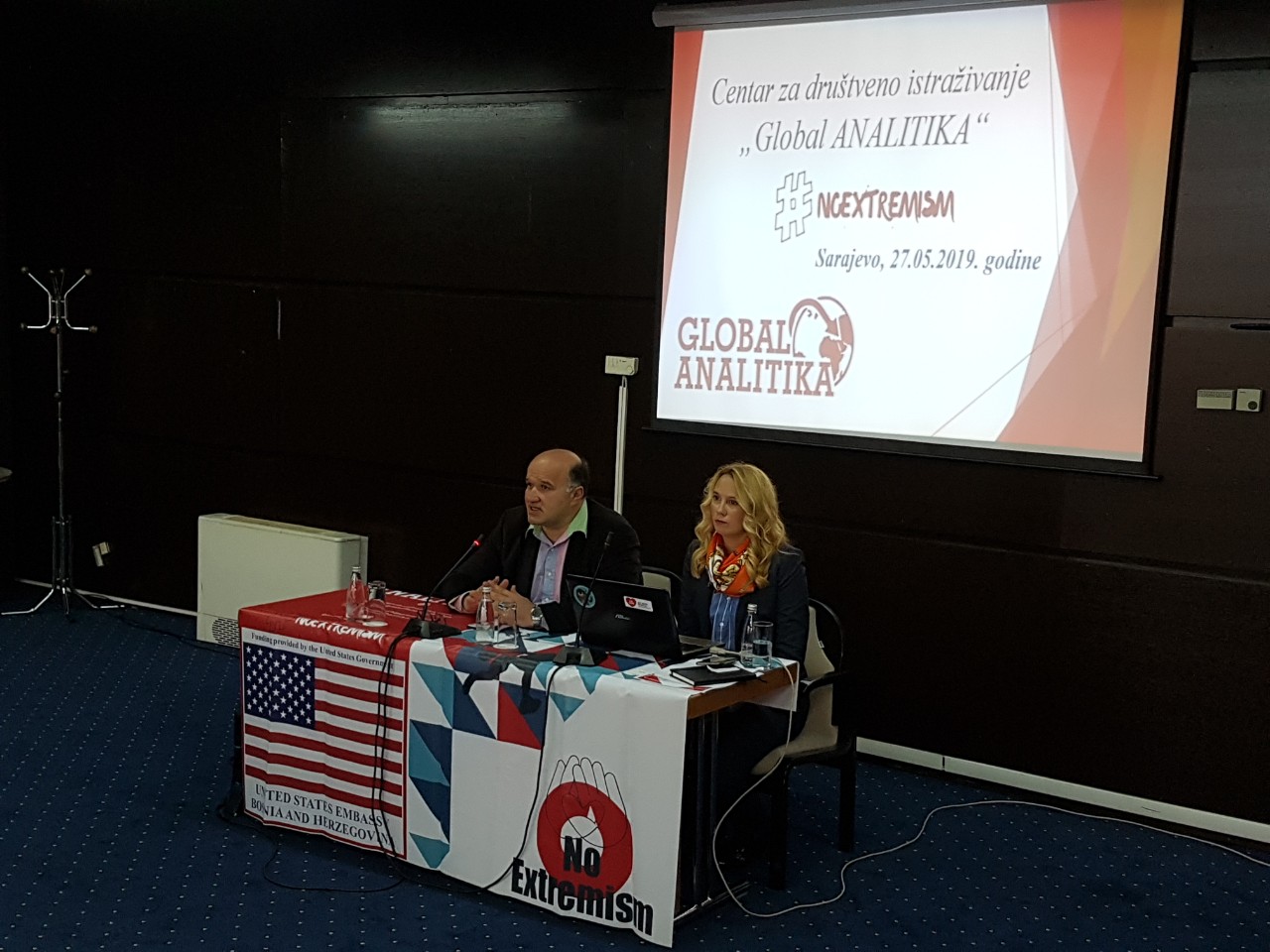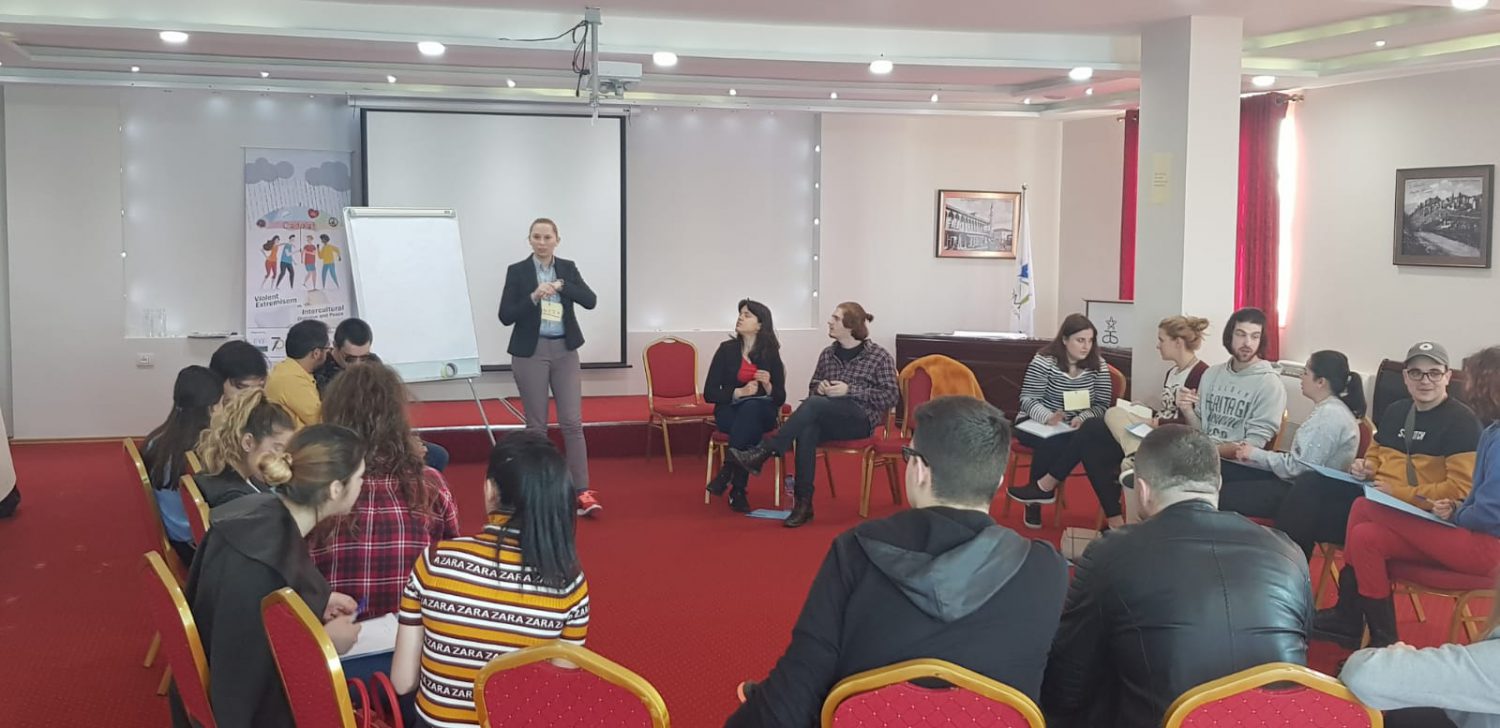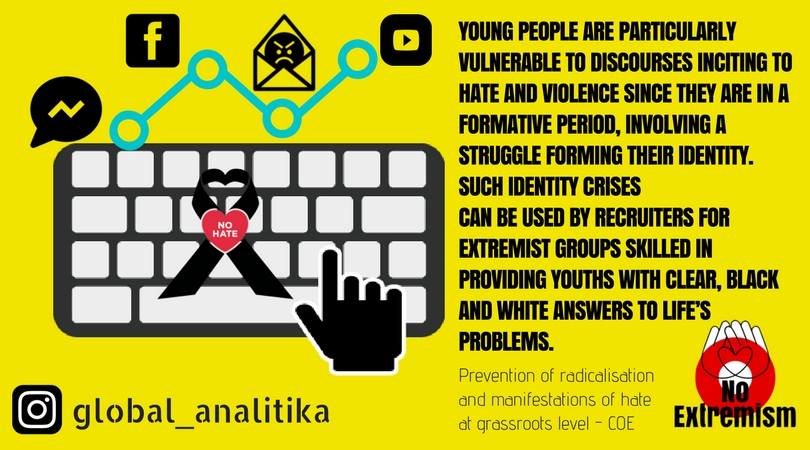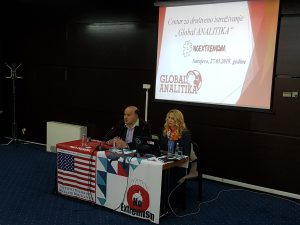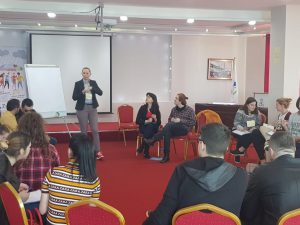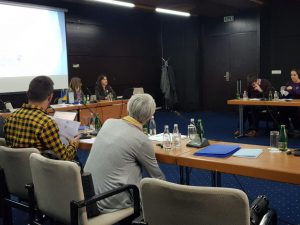Nowadays, when globalization and computerization have penetrated into every corner and sphere of life, there have been some negative consequences that have found fertile ground in technology, the Internet, and the media. That is a hate speech, which, unfortunately, is not a new phenomenon, but has only evolved and adapted to the 21st century. Every society suffers from its radical parts, those that predominate racism, xenophobia, nationalism and other negative social phenomena, and Bosnia and Herzegovina is not an exception.
But, what is the problem?
Currently, we have a generation of young radicalized people, a process that lasts because of the failure of multiculturalism and integration. But what is particularly important to point out is whether and how the competent institutions understand the link between hate speech and extremism. What we can establish as the biggest cause of the spread of hate speech as a new motivational factor of radicalization is the unprofessional and inadequate media coverage of sensitive issues such as violent extremism and radicalism, but also the problem of abuse of media space, ie populist rhetoric used in daily-political purposes.
The main problem we face in this modern era is slimline that separates hate speech from freedom of expression, and when the right to freedom of expression transforms to its abuse. However, is censorship than the answer to the abuse of freedom of expression or spread of hate speech?
As a state of three peoples with equal rights, there is a great chance for intolerance across Bosnia and Herzegovina, and a gradual spread of hate speech. Whether it’s about internet portals and forums, or even public media operators, there is an evidently increased traffic of hate speech. It manifests itself not only in communication but also in the rhetoric of politicians, where it is often used to justify the actions of one party and the people, while at the same time there is open condemnation and criticism of the other two nations in the country.
Hate speech, more precisely advocacy of hatred based on national origin, race, religion or any other basis is commonplace in everyday life of citizens of Bosnia and Herzegovina. In relation to other states, the hate speech in BiH is a particularly sensitive issue and represents a potential for social danger, which spreads hate speech and can be shown to cause instability in Bosnia and Herzegovina. Young people are a category that is easily susceptible to the influence of various information from which they are exposed on a daily basis, through informative media, daily conversations in society and family, but also through social networks where young people are almost constantly present, ie since they are constantly “online”.[1]
Individuals, including journalists, have found the right to give unprofessional statements, publish false or unverified information, without showing the minimum of professional ethics and empathy with the victims.
From this negative mixture, in the end, something worse must be born, as globally there are examples around the world, which can lead to the radicalization of the state. It is clear that radicalized individuals and groups can also be violent, especially towards certain minority groups or religious communities. It is evident through examples of the global growth of right-wing ideology, which is increasingly visible in many countries, and later in Europe, right-wing parties are gaining more votes and gaining elections or are parts of ruling coalitions, spreading various exaggerated fears from others or from everything which is different.
With this work, the author wishes to point out the fact that hate speech is a particularly dangerous phenomenon in Bosnia and Herzegovina, due to the fact that certain political options and their irresponsible politicians use the hate speech as a means of homogenizing the voting body, without recalling the consequences of such action. Of course, are not the only ones responsible, at first, we can review titles of texts or audio statements, and see daily how much journalists with their unprofessional reporting and disclosure of unverified information, damage the media space and the public, spreading and supporting hate speech.
Also, a big number of individuals decide to comment or otherwise express their views on the media and social networks, especially commenting on information related to war events, which furthermore, provoke religious and national intolerance as one of the results of hate speech.
Because of all these specificities in BiH, it is possible a connection that leads from hate speech to additional radicalization of the state, and can even increase the level of self-radicalization of individuals.
[1] Mušić, Safet. (2018). The educational approach in the prevention of hate speech in Bosnia and Herzegovina – Obrazovni pristup u prevenciji govora mržnje u BiH. Available at: https://www.researchgate.net/publication/324804143_The_educational_approach_in_the_prevention_of_hate_speech_in_Bosnia_and_Herzegovina_-_Obrazovni_pristup_u_prevenciji_govora_mrznje_u_BiH [Accessed May, 02 2018].


